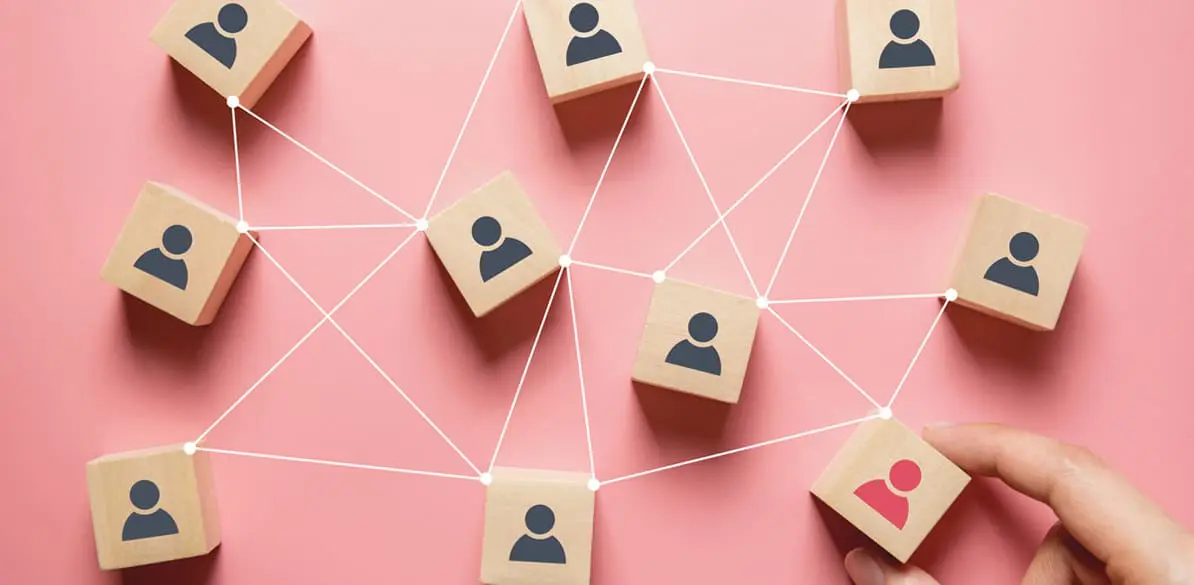Partnerships with social innovators: a strategy of impact
Initiatives that enable large companies to increase their social value

If we have learned anything during the global pandemic we have experienced, it is that great challenges can only be overcome by working together. The Sustainable Development Goal number 17: Partnerships become more relevant than ever. In addition, we have a powerful tool that has demonstrated on countless occasions its ability to solve some of the most serious problems facing humanity: Social Innovation. A social innovation is “a new solution to a social problem that is more effective, efficient, sustainable or fair than existing solutions and that generates value for society at large (West and Farr, 1990)”. Social innovators face great challenges from initiatives that, despite being small at first, have the enormous ambition of making a better world. On their way, social innovators become catalysts of social transformation, establishing alliances with many other actors in society. These actors, larger in size than the organizations of social innovators, also benefit widely from these partnerships.
Large corporations committed to a social and environmental purpose have a very important role to play in partnerships with social innovators. Corporations are aware of the increasing value that non-market strategies have in their relationship with customers and other stakeholders. Social innovators can help corporations find new and more socially valuable ways to impact the world. There are many examples of impact partnerships between social innovators and large corporations. A paradigmatic example is the partnership in Grameen and Danone to fight malnutrition by jointly designing and distributing new food products specially developed for children at risk.
Red Innova’s award-winning social innovators around the Fundación MAPFRE Awards for Social Innovation are also boosting impact through collaborations with large companies. In Latin America, Burn to Give and Psyalive are helping companies that want to take special care of their employees in this complex situation of confinement and remote working. They commented that they have noticed an increase in the importance that companies give to caring for their employees, to their well-being. Burn to Give, in Chile, which encourages physical exercise by making donations to social causes in exchange for the calories burned, is expanding its project to focus not only on exercise but on people’s general well-being. Thanks to BurntoGive, for every action that employees take to look after themselves, their employers will make donations to social causes. Psyalive in Brazil has also noticed this greater commitment of companies towards their employees. Thanks to Psyalive, everyone can access the necessary psychological support in this traumatic time for millions of people: “We know that people may be feeling stressed or anxious, so we have created an anxiety and depression test, which is carried out online. For those with a low level, they will be given content and information to help control it so these levels do not increase. On the other hand, those who have a medium or high level can opt for free online psychological therapy, with a professional”.
Public administrations are also a natural relationship environment for social innovators, as they manage private resources to solve public problems. For example, in Argentina, Fundación Donde QuieroEstar has moved all its usual support to cancer patients online so as not to leave them unattended, but Vicky Viel also indicates that her “volunteers are raising funds to set up a COVID area in Piñamar. Money, respirators, gowns, blankets, caps…” There are also projects focusing on prevention and protection of the elderly, who are particularly vulnerable to the virus. This is the case of Millas para el Retiro, in Mexico, which has supported the #QuédateEnCasa initiative by helping senior citizens understand the importance of this virus. Those who normally work helping the elderly to have a better retirement, explain the situation using retirement as a metaphor. They transfer a message to the elderly expressing the “enormous similarity in the context of the situation, as the goal is the same, to reach an old age with a good quality of life. We have started to organise, lives in on social networks, talking about current problems, with the aim of providing content to users to identify their current situation, in order to be able to support them”. ClippMaas, in Ecuador, also works parallel to the response to the crisis and the reconstruction, supporting small businesses “in the COVID19 section of our app, a collaborative information platform related to the cases in Ecuador was created. It provides interactive data by city and also maps statistical and control graphs for each of them”. All these projects have obvious synergies with the objectives of public administrations in terms of prevention, awareness and health resources. If they had the opportunity to become associated to them in the field, they could expand their impact. Unfortunately, public administrations are sometimes reluctant to collaborate with small players and overcoming such reluctance would unlock enormous opportunities.
To conclude, alliances of social innovators with other organizations, sometimes much larger than their own, whether in the private or public sector, are a powerful tool for promoting joint objectives and generating value for all those involved and for society.
